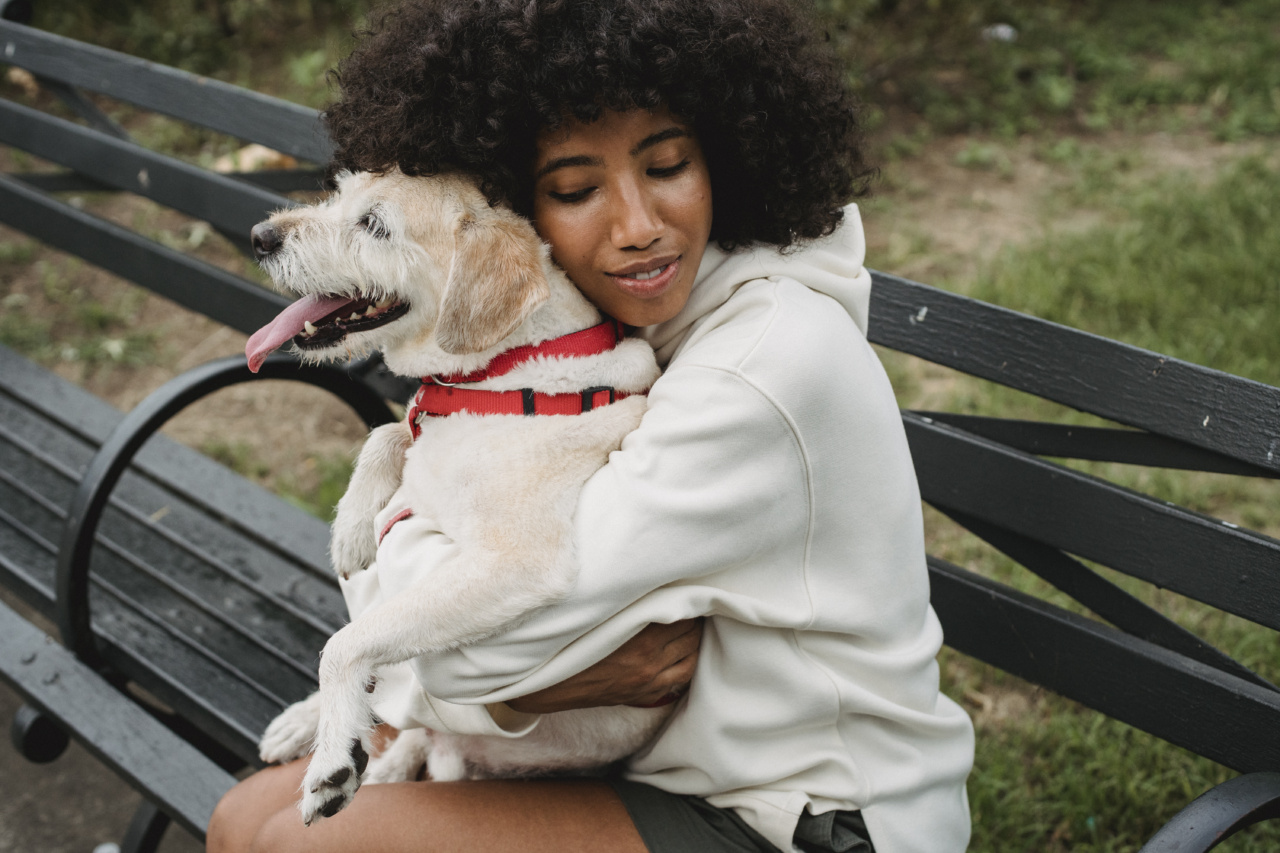Dogs have been companions to humans for centuries, offering unwavering loyalty, love, and support. It is not uncommon for people to form strong emotional bonds with their furry friends, relying on them for comfort, companionship, and even therapy.
However, it is important to acknowledge the potential dangers of emotional dependency on your dog. Here, we explore the risks associated with relying too heavily on your canine companion for emotional well-being.
1. Emotional Exhaustion
Relying solely on your dog for emotional support can leave you emotionally exhausted. While dogs can provide immense comfort and joy, they are not equipped to handle the full weight of human emotions.
Over time, depending heavily on your dog for emotional stability may strain the relationship and ultimately lead to emotional burnout.
2. Limited Social Connections
When you become overly reliant on your dog for emotional support, you may inadvertently isolate yourself from human interactions. While dogs are wonderful companions, they cannot replace the depth and complexity of human relationships.
Neglecting to foster social connections with friends, family, and other peers can lead to loneliness and hinder personal growth.
3. Inadequate Coping Mechanisms
By depending heavily on your dog for emotional support, you may inadvertently hinder the development of healthy coping mechanisms.
While it is natural to seek comfort in our pets during difficult times, it is crucial to also explore other coping strategies such as therapy, exercise, and self-reflection. Over-reliance on a single source of support may hinder personal growth and resilience.
4. Burdening Your Dog
While dogs are incredibly intuitive and can sense human emotions, they also have their own emotional needs. Relying too heavily on your dog for emotional support can burden them with excessive responsibility and put strain on their emotional well-being.
Just as people need their own space and time to process emotions, dogs also require opportunities for rest and relaxation.
5. Risk of Co-dependency
An excessive emotional dependency on your dog can lead to a co-dependent relationship. Co-dependency occurs when both parties rely heavily on each other for emotional stability.
This dynamic can become unhealthy, reinforcing negative behavior patterns and hindering personal growth for both you and your canine companion.
6. Potential Loss-Related Trauma
Dogs have significantly shorter life spans compared to humans, and the loss of a beloved pet can cause immense grief and emotional trauma.
If your emotional well-being is solely dependent on your dog, the death or loss of your pet may leave you feeling purposeless, devastated, and overwhelmed. Developing a more diverse support network can offer additional sources of comfort during such difficult times.
7. Unrealistic Expectations
While dogs can be incredible sources of comfort and companionship, it is essential to remember that they are also living beings with their own needs and limitations.
Relying solely on your dog for emotional support may lead to unrealistic expectations from them, potentially putting strain on your relationship. Understanding and respecting the boundaries and limitations of your dog is crucial for a healthy bond.
8. Hindering Personal Growth
The over-dependence on a dog for emotional stability can hinder personal growth.
While dogs offer unconditional love, relying too heavily on their presence may prevent you from exploring new experiences, facing challenges, and developing inner resilience. Emotional growth often occurs by navigating through difficulties, learning new coping strategies, and finding support from a diverse range of sources.
9. Promote Codependence
Emotional dependency on your dog can promote codependence not only on an individual level but also within relationships.
Reliance on a pet for emotional support may prevent individuals from seeking support from their human partners, leading to strained relationships and an unhealthy imbalance of emotional responsibilities.
10. Missed Opportunities for Professional Help
Choosing your dog as the sole provider of emotional support may lead to overlooking the importance of seeking professional help when needed. While dogs can offer comfort, they are not qualified therapists.
In some instances, professional intervention may be necessary to address deeper emotional issues and provide the appropriate support and guidance.































